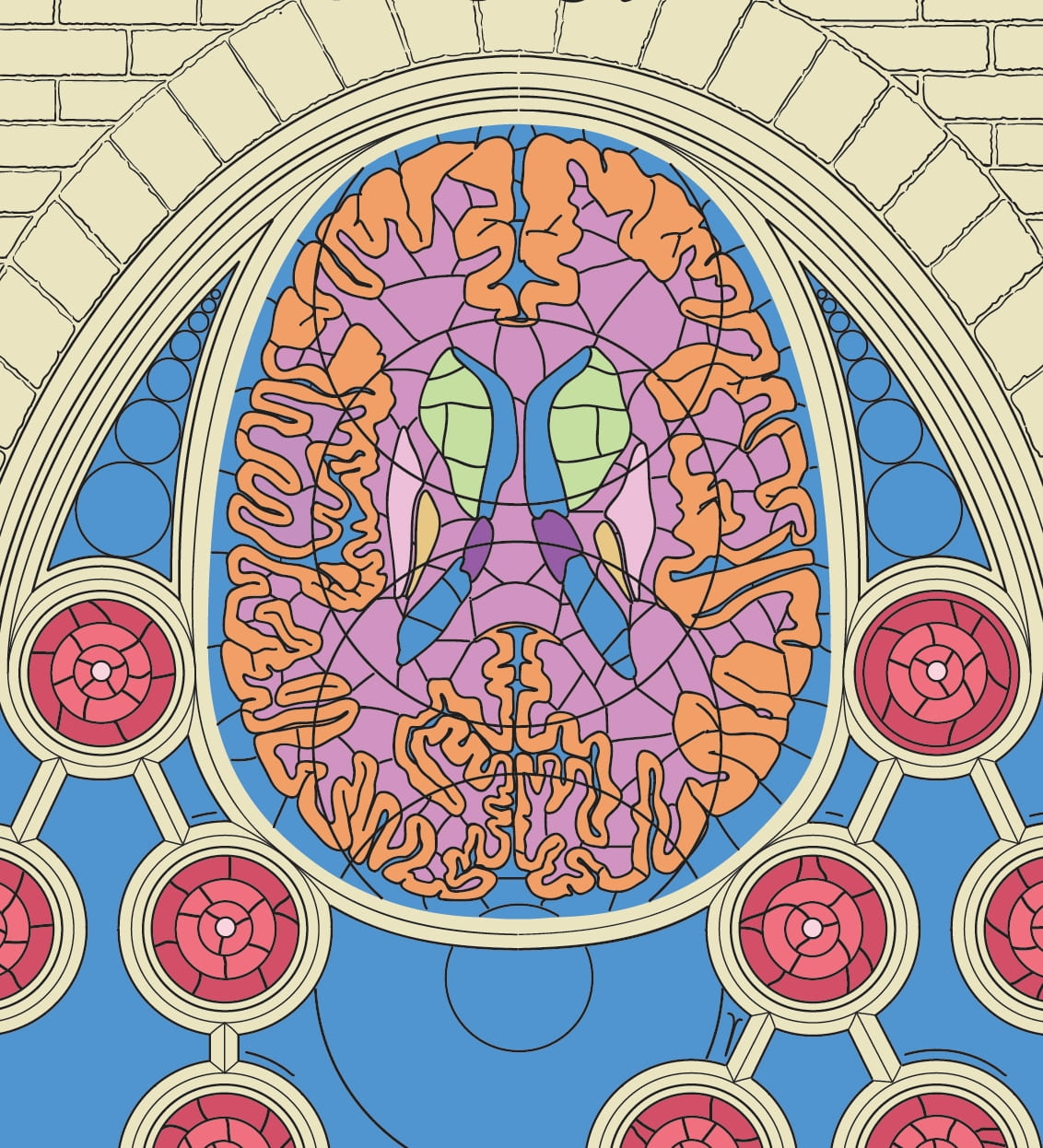Tumor recurrence presents substantial clinical challenges and is a leading cause of cancer mortality. Comprehensive genomic profiling initiatives have enabled the identification and cataloging of genomic alterations across the primary tumor of all major cancers; however, it is increasingly evident that these tumors are not static entities. Instead, the tumors display spatiotemporal evolution and dynamic heterogeneity whereby divergent clones emerge with distinct genotypes that confer unique selection advantages and facilitate therapy resistance. Meeting the challenges, consequently, demands expansion of cancer characterization initiatives towards longitudinal profiling.
While small cohort assessment has improved our understanding of some cancers including the highly malignant brain tumor glioblastoma (GBM), comprehensive longitudinal assessment of tumor evolution based on cohorts powered to make statistically significant discoveries remains to be performed. Indeed, procuring and analyzing longitudinal samples involves a a number of logistical and scientific challenges. Global collaboration can mitigate these challenges, and collaboration among researchers in the neuro-oncology community particularly has much to offer.
The GLASS consortium intends to generate a longitudinal genomic/molecular dataset representing a large cohort of glioma patients across 3 specified diffuse glioma genomic subtypes: IDH-wild-type, IDH-mutant, and IDH-mutant 1p/19q co-deletion. These initiatives have the potential to identify practice-changing new insights and will provide a useful reference dataset to the glioma community.
